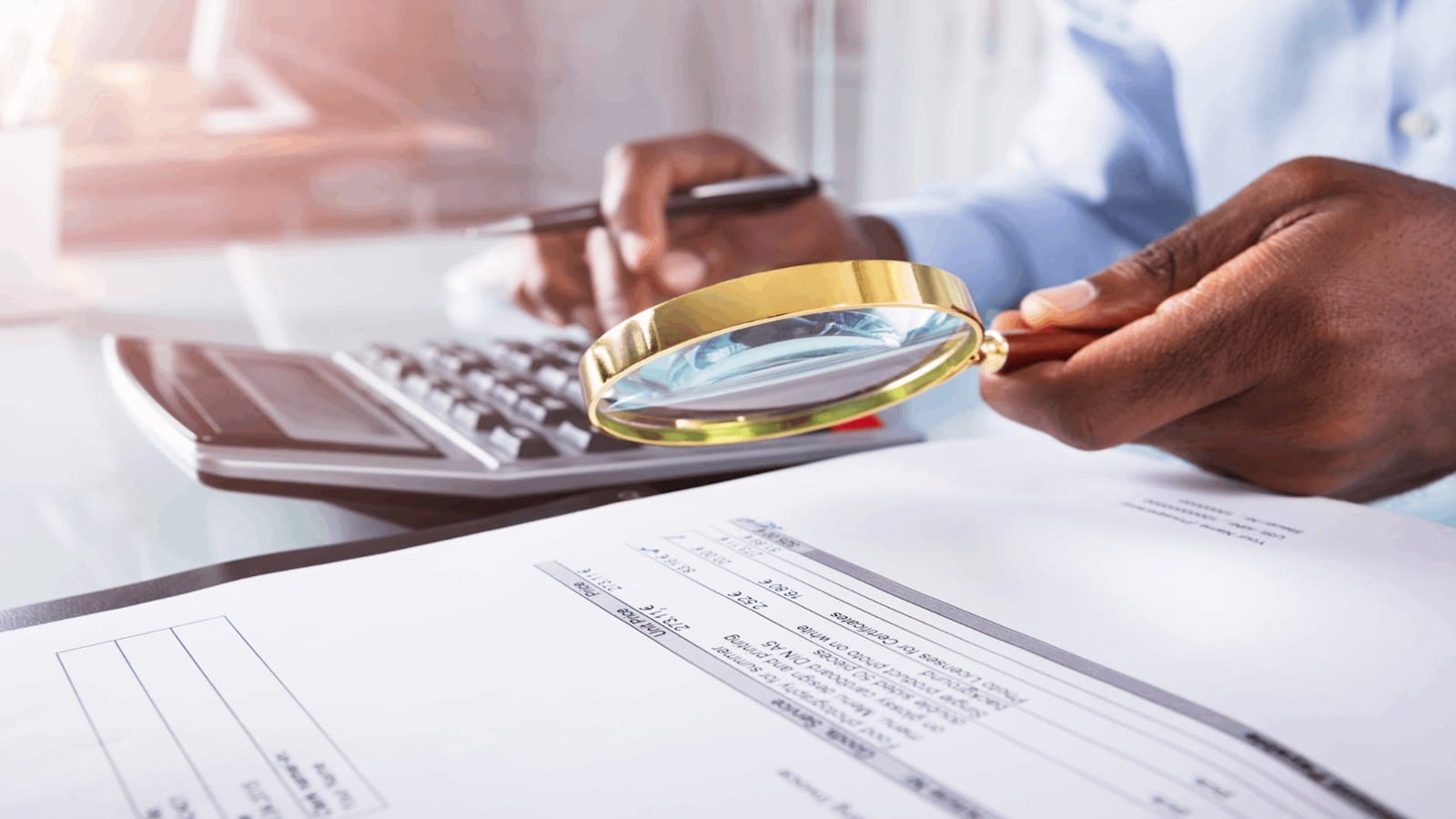The Level 7 Accountancy Professional apprenticeship end-point assessment includes the Project Report. Here, one of the examiners talks about the Project Report and in particular factors to consider about plagiarism.
Exams have evolved since I did my first ones. There are now all sorts of variants, from ones you can prepare for based on advance disclosure of its coverage, to those where you can only anticipate what skills and knowledge will be examined on the day.
Nestled inside this range is the Level 7 Accountancy Professional Project Report exam – an example of what’s referred to as an “examination of experience”. The clue is in the name, as it examines a student’s experience. This exam assesses the evidence of students’ skills and behaviours required to become an accounting professional. It is one of two parts of the ICAEW Level 7 apprenticeship end-point assessment. For the Project Report, students need to evidence the relevant competencies developed in the final 12 months of their apprenticeship.
As someone who assesses students’ submissions to the Project Report, I’ve often been asked to describe what an examination of experience is. I usually start by comparing them to a face-to-face competency-based interview, as I’m sure many students will have sat on either (or possibly both) sides of the desk at one of these.
Approach it like an interview
Traditional competency-based interviews use assessment frameworks. These are designed to help the interviewer by giving them a set of questions to ask, but perhaps more importantly to try and make the interviews more rigorous, fair and evidence-based assessments of an interviewee’s experience. Most good interviewers will, right at the start of each interview, remind candidates to do two things in answering the questions: (1) select examples drawn from their recent work experience; and (2) talk about what they did in each situation.
So, the Project Report is best considered as a written version of a competency-based interview. And, in the same way that a good interviewer will nudge the interviewee to select good examples from their work experience; and to be clear what they did in each situation, the same is true of good answers to the Project Report.
Whilst face-to-face interviews and the Project Report are seeking the same sort of evidence, there are subtle differences in how this evidence can be prepared and presented – beyond one being spoken and the other written.
Plagiarism in the Project Report
An interview is time limited – typically an hour long, completed in ‘real time’ and should be interactive. By comparison, the Project Report is not time pressured - students can take as long as they want to create their submission. It is also not interactive. Therefore, in the Project Report it is much harder to be sure that the student has actually written all of the submission themselves. In the Project Report, copying other people’s work and passing it off as your own is not allowed and is referred to as plagiarism.
Unfortunately, in recent sessions of the Project Report there have been a small but not insignificant number of students who have decided to select text from other sources, rather than use their own words. Worse still, they have passed-off this work as their own. Plagiarism in the context of the Project Report is considered to be cheating.
Preparing for the Project Report
The purpose of the Project Report is to get a description of a student’s previous personal work experience by providing examples of their key skills and behaviours. Therefore, it requires that students only reference work that they have done themselves. The exam also requires students to describe experiences in their own words. This means writing new text themselves, not copying text from other sources. To illustrate this, when I wrote this article I did so by starting with a blank piece of paper. I did not search the internet looking for articles that someone else had written, from which I could copy some text.
However, once a student has written their Project Report, it is perfectly acceptable for them to get someone to proof read their work before submitting it. Similarly, before beginning to write the report, it would be reasonable to seek advice on the selection of situations to use.
I should warn students that ICAEW (and other examining bodies) have tools at their disposal to check submissions for originality. They can and do check with employers whether students have carried out the tasks described in their submissions. They also use sophisticated plagiarism software on each and every Project Report. This software will detect work that has been copied from anywhere on the internet, or from another submission (past or present).
If a submission is deemed to have been plagiarised, the consequences can be quite severe. An investigation will be undertaken if any “matching text” is found, which will include notifying your employer of the plagiarism concerns. If subsequently confirmed, then your submission will be rejected and failed with a mark of zero. There may also be a referral to ICAEW’s Professional Conduct Department with potential implications for becoming an ICAEW member.
To summarise, the Project Report is an examination of YOUR experience written in YOUR words.
Find out more about the Level 7 Accountancy Professional apprenticeship and the Project Report.
